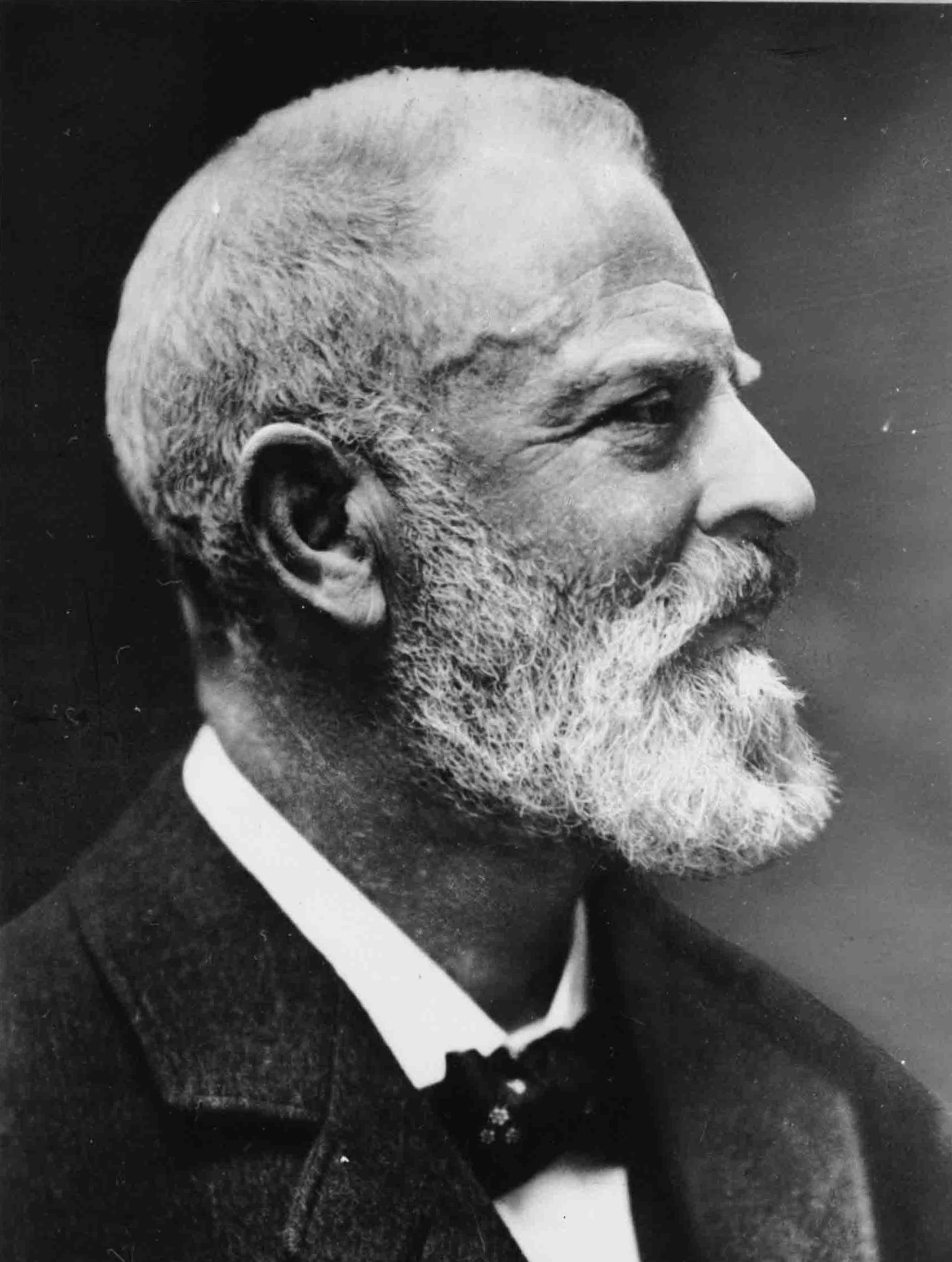Adolph Woermann on:
[Wikipedia]
[Google]
[Amazon]
 Adolph Woermann (10 December 1847 in
Adolph Woermann (10 December 1847 in
''Friedrich Fabri und der Imperialismus in der Bismarckzeit. Revolution – Depression – Expansion.''
Freiburg i.Br. 1975, 2005 (2005 mit neuem Vorwort: Osnabrück), S. 362 (retrieved 23 November 2006) and – with his Woermann-Linie – the largest private shipowner in the world.Klaus J. Bade
''Friedrich Fabri und der Imperialismus in der Bismarckzeit. Revolution – Depression – Expansion.''
Freiburg i.Br. 1975, 2005 (2005 mit neuem Vorwort: Osnabrück), S. 315 (retrieved 23 November 2006) He remains a controversial figure, for the fact that he accumulated his vast fortunes from exploitation and war profiteering, particularly during the Herero Wars. When the Herero uprising broke out in German South West Africa, Woermann's company was the only one which offered an open connection to the colony. Soldiers, horses, weapons, equipment, and supplies were transported to the colony almost exclusively through his company. By 1906, the Woermann Line had transported over 14,000 men and over 11,000 horses to the war zone. The company also used warehouses to store beds, provisions, and equipment for departing troops. The war brought Woerman unexpected profits, which nearly doubled during the
 Adolph Woermann (10 December 1847 in
Adolph Woermann (10 December 1847 in Hamburg
Hamburg (, ; ), officially the Free and Hanseatic City of Hamburg,. is the List of cities in Germany by population, second-largest city in Germany after Berlin and List of cities in the European Union by population within city limits, 7th-lar ...
– 4 May 1911 in the Grönwohld-Hof near Trittau) was a German merchant, shipowner and politician, who was also instrumental in the establishment of German colonies in Africa
Africa is the world's second-largest and second-most populous continent after Asia. At about 30.3 million km2 (11.7 million square miles) including adjacent islands, it covers 20% of Earth's land area and 6% of its total surfac ...
. In his time he was the largest German trader to West AfricaKlaus J. Bade''Friedrich Fabri und der Imperialismus in der Bismarckzeit. Revolution – Depression – Expansion.''
Freiburg i.Br. 1975, 2005 (2005 mit neuem Vorwort: Osnabrück), S. 362 (retrieved 23 November 2006) and – with his Woermann-Linie – the largest private shipowner in the world.Klaus J. Bade
''Friedrich Fabri und der Imperialismus in der Bismarckzeit. Revolution – Depression – Expansion.''
Freiburg i.Br. 1975, 2005 (2005 mit neuem Vorwort: Osnabrück), S. 315 (retrieved 23 November 2006) He remains a controversial figure, for the fact that he accumulated his vast fortunes from exploitation and war profiteering, particularly during the Herero Wars. When the Herero uprising broke out in German South West Africa, Woermann's company was the only one which offered an open connection to the colony. Soldiers, horses, weapons, equipment, and supplies were transported to the colony almost exclusively through his company. By 1906, the Woermann Line had transported over 14,000 men and over 11,000 horses to the war zone. The company also used warehouses to store beds, provisions, and equipment for departing troops. The war brought Woerman unexpected profits, which nearly doubled during the
Herero and Nama genocide
The Herero and Nama genocide or Namibian genocide, formerly known also as the Herero and Namaqua genocide, was a campaign of ethnic extermination and collective punishment waged against the Herero people, Herero (Ovaherero) and the Nama people, N ...
. Woermann transported several hundred Hereros to Swakopmund
Swakopmund ("Mouth of the Swakop River, Swakop") is a city on the coast of western Namibia, west of the Namibian capital Windhoek via the B2 road (Namibia), B2 main road. It is the capital of the Erongo Region, Erongo administrative district. It ...
for forced labour. During the war, the Woermann Line received 115 prisoners to be used for forced labour. Nearly a tenth of the company's workers did so without pay. The company ran its own labour camps.Kim Todzi: ''Unternehmen Weltaneignung. Der Woermann-Konzern und der deutsche Kolonialismus 1837–1916'' Wallstein, Göttingen 2023, S. 376–379.
References
External links
* {{DEFAULTSORT:Woermann, Adolph 1847 births 1911 deaths Businesspeople from Hamburg German Lutherans National Liberal Party (Germany) politicians Members of the 6th Reichstag of the German Empire Members of the 7th Reichstag of the German Empire 19th-century German businesspeople Businesspeople in shipping German colonisation in Africa 19th-century Lutherans Herero and Nama genocide perpetrators German businesspeople in transport